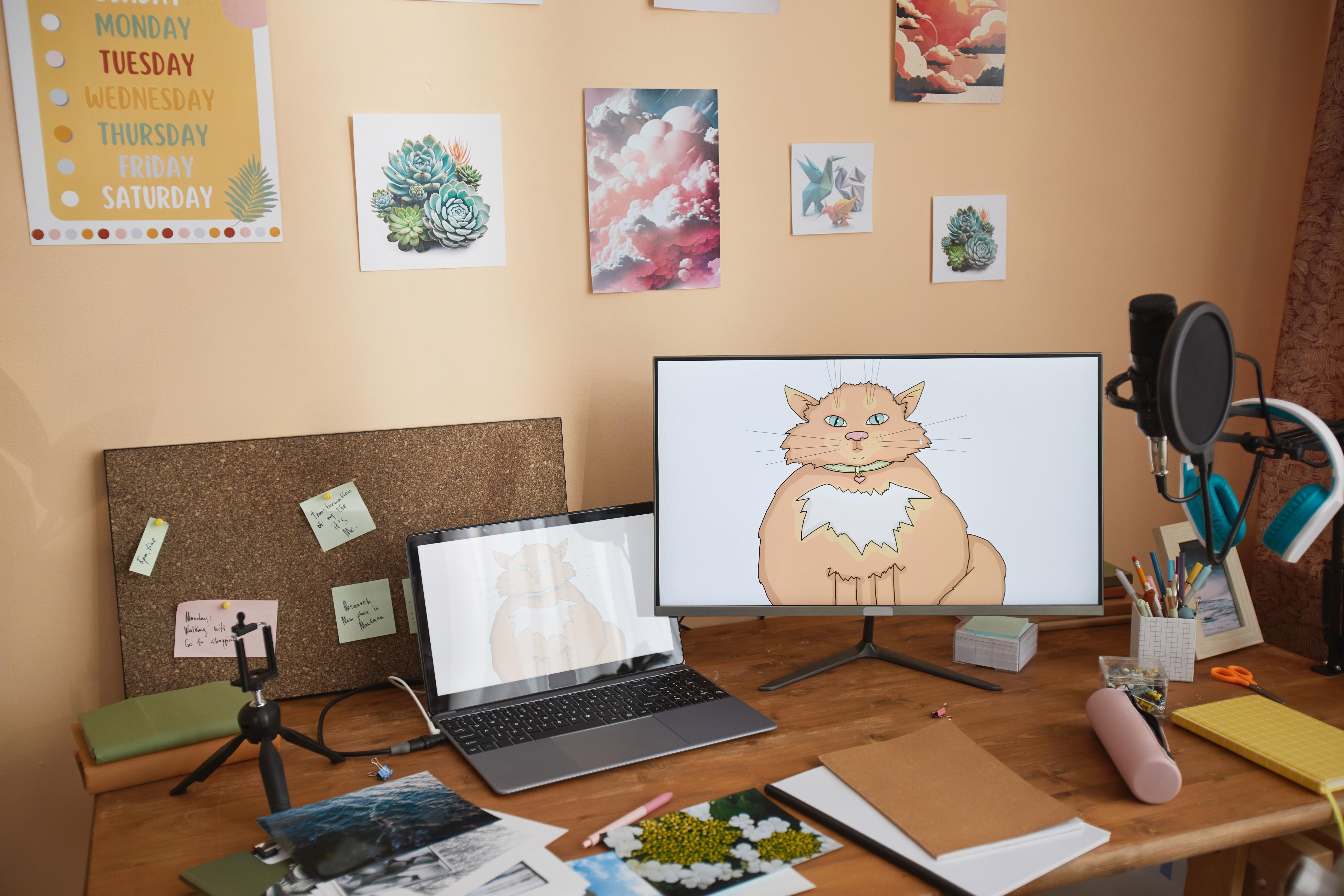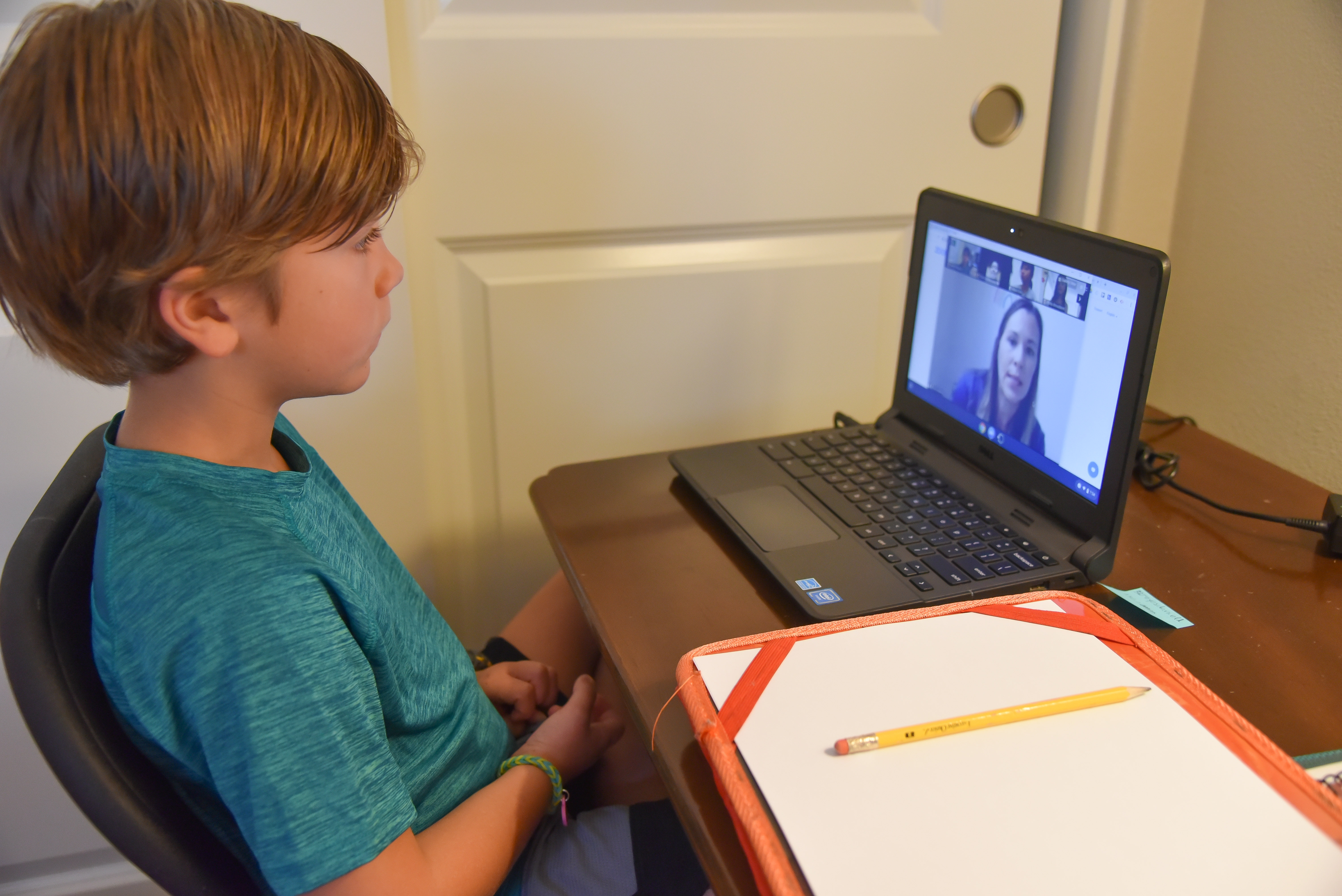Digital Overload: Subtle Signs Your Tech Habits Are Exhausting Your Brain
In today's hyper-connected world, our digital habits have become an integral part of our daily lives, seamlessly blending into our routines. However, beneath the surface of convenience and connectivity, these habits may be silently sapping our mental energy. This article delves into the unexpected clues that reveal how our digital behaviors might be quietly eroding our cognitive reserves. By exploring these signs, we aim to shed light on the subtle yet significant impact of digital consumption on mental well-being. Join us on this journey to uncover the hidden drains on your mental energy and discover ways to reclaim your cognitive vitality.
1. Constant Notifications: The Unseen Distraction

Notifications are designed to capture our attention instantly, but their constant barrage can fragment our focus and drain mental energy. Each ping or vibration pulls us away from our current task, forcing our brains to switch contexts and reorient. This frequent interruption not only diminishes productivity but also increases cognitive load. Over time, the mental effort required to continually refocus can lead to fatigue and decreased mental clarity. Recognizing the toll of incessant notifications is the first step toward regaining control and protecting our cognitive resources from unnecessary depletion.
2. Multitasking Myth: The Illusion of Efficiency

In the digital age, multitasking is often celebrated as a hallmark of efficiency, yet research suggests it can be a significant drain on mental energy. Our brains are not designed to handle multiple tasks simultaneously; instead, they rapidly switch between tasks, which can lead to errors and increased stress. This task-switching consumes more cognitive resources than focusing on a single task, leaving us mentally exhausted. Understanding the myth of multitasking and its impact on our cognitive reserves can help us prioritize tasks and cultivate a more focused, energy-efficient approach to digital work.
3. Social Media Scrolling: The Endless Loop

Social media platforms are engineered to keep us scrolling endlessly, but this habit can quietly drain our mental energy. The constant influx of information and stimuli can overwhelm our cognitive processes, leading to decision fatigue and reduced attention span. The emotional rollercoaster of likes, shares, and comments further exacerbates mental exhaustion. By recognizing the addictive nature of social media and setting boundaries, we can reduce its impact on our mental energy and foster healthier digital habits that promote cognitive well-being.
4. Digital Clutter: The Cognitive Overload

Just as physical clutter can overwhelm our senses, digital clutter can inundate our minds, leading to cognitive overload. A cluttered digital environment—filled with countless apps, open tabs, and unfinished tasks—can sap mental energy and hinder productivity. This digital disarray forces our brains to constantly filter and prioritize information, which can be mentally taxing. By organizing our digital spaces and decluttering regularly, we can create a more focused and efficient environment that conserves mental energy and enhances cognitive performance.
5. Information Overload: The Paradox of Choice

With the vast amount of information available at our fingertips, the paradox of choice can become a significant drain on mental energy. The need to constantly evaluate and decide among endless options can lead to decision fatigue, making it difficult to concentrate and make sound choices. This cognitive burden can leave us feeling overwhelmed and mentally exhausted. By curating our information sources and limiting our exposure to unnecessary data, we can reduce the mental strain and preserve our cognitive resources for more meaningful activities.
6. Blue Light Exposure: The Sleep Disruptor

The screens we rely on emit blue light, which can interfere with our sleep patterns and deplete mental energy. Exposure to blue light, especially before bedtime, can suppress melatonin production, making it harder to fall asleep and achieve restful sleep. Poor sleep quality can lead to cognitive impairments, such as reduced attention, memory, and problem-solving abilities. By minimizing screen time before bed and using blue light filters, we can protect our sleep quality and maintain our mental energy levels throughout the day.
7. Passive Consumption: The Mental Drain

Engaging in passive digital consumption, such as mindlessly watching videos or browsing content, can quietly drain mental energy. This passive engagement requires minimal cognitive effort, leading to a sense of mental stagnation and fatigue. Unlike active learning or creative activities, passive consumption does not stimulate the brain or promote cognitive growth. By shifting our digital habits toward more active and intentional engagement, we can rejuvenate our mental energy and foster a more dynamic cognitive state.
8. Digital Comparison: The Emotional Toll

Social media can often lead to unhealthy comparisons, which can drain mental energy and impact emotional well-being. The curated portrayals of others' lives can evoke feelings of inadequacy and self-doubt, consuming our mental resources as we ruminate on perceived shortcomings. This emotional toll can lead to decreased motivation and cognitive fatigue. By cultivating a mindful approach to social media and focusing on self-compassion, we can mitigate the negative effects of digital comparison and preserve our mental energy for more positive pursuits.
9. Continuous Connectivity: The Pressure to Respond

The expectation of being constantly connected and responsive can be a significant drain on mental energy. The pressure to reply to messages, emails, and notifications promptly can create a sense of urgency and stress, leaving little room for mental rest. This perpetual connectivity can prevent us from fully disengaging and recharging our cognitive reserves. By setting boundaries around digital communication and allowing ourselves time to disconnect, we can reduce mental strain and restore our cognitive vitality.
10. Virtual Meetings: The Zoom Fatigue

The rise of virtual meetings has brought about a new phenomenon: Zoom fatigue. The cognitive demands of video conferencing—such as maintaining eye contact, interpreting non-verbal cues, and managing technical issues—can be mentally exhausting. Unlike in-person interactions, virtual meetings require sustained attention and effort, which can deplete our mental energy over time. By incorporating breaks, setting clear agendas, and reducing unnecessary meetings, we can alleviate the strain of virtual interactions and preserve our cognitive resources.
11. Digital Overcommitment: The Burnout Risk

The convenience of digital tools can lead to overcommitment, as we take on more tasks and responsibilities than we can handle. This digital overcommitment can result in burnout, characterized by mental exhaustion, reduced productivity, and a sense of overwhelm. The constant juggling of digital obligations can leave us with little energy for self-care and relaxation. By prioritizing tasks, setting realistic goals, and learning to say no, we can manage our digital commitments more effectively and protect our mental energy from burnout.
12. Lack of Mindful Breaks: The Importance of Pause

In the fast-paced digital world, taking mindful breaks is crucial for maintaining mental energy. Continuous engagement with digital devices can lead to cognitive fatigue, as our brains need time to rest and recharge. Mindful breaks, such as stepping away from screens, practicing deep breathing, or engaging in physical activity, can help restore cognitive function and enhance focus. By incorporating regular pauses into our digital routines, we can prevent mental exhaustion and sustain our cognitive vitality.
Reclaiming Your Cognitive Vitality

As we navigate the digital landscape, it's essential to recognize the subtle ways in which our habits can drain mental energy. By identifying these unexpected clues and making conscious changes, we can protect our cognitive resources and enhance our mental well-being. From managing notifications and setting boundaries to embracing mindful breaks and reducing digital clutter, small adjustments can lead to significant improvements in our mental energy levels. By reclaiming control over our digital habits, we can foster a healthier, more balanced relationship with technology and preserve our cognitive vitality for the challenges and joys of life.